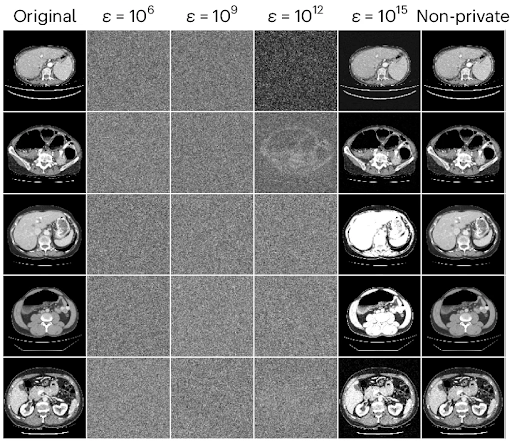A week after DispatchHealth and Medically Home closed their merger, reports emerged that Medically Home experienced a drop in valuation and other financial struggles.
A 498-page document, accidentally sent to Medically Home employees and then leaked to Axios, indicated a “dramatic” loss in valuation, according to the outlet. The high-acuity, in-home medical care provider reportedly survived only through cash infusions from investors Mayo Clinic and Kaiser Foundation Hospitals.
Axios also reported that top executives and investors benefited from the deal, resulting in a “partial liquidation.”
DispatchHealth declined Home Health Care News’ request for comment on reports of a loss in valuation or other details mentioned in the Axios story.
“We don’t comment on confidential business information or third-party speculation,” DispatchHealth said in an email.
Denver, Colorado-based DispatchHealth provides high-acuity in-home medical care. Founded in 2013, the company has since treated more than 1.2 million people in over 20 states. The company has drawn in significant investor interest, raising over $700 million, including a $330 million raise in 2022.
Boston-based Medically Home partners with organizations to help them deliver in-home, hospital-level services and emergency department services. The company has raised a total of $287 million, according to PitchBook, including a $110 million round in 2022.
Medically Home and DispatchHealth announced plans to merge in March. The deal was a “vote of confidence” for the hospital at home model, then-CEO of Medically Home Graham Barnes previously told HHCN.
“Combined, between DispatchHealth and Medically Home, we’re probably talking about 20,000 admissions annually,” Barnes said. “It’s still pretty significant and proof that these are not pilot programs. This is how to scale programs and how to deliver a significant census of patient volume, but it’s still a drop in the bucket of the overall [volume of] acute patients admitted into hospitals.”
The newly combined companies now operate under the DispatchHealth brand.
The post Leaked Doc Reportedly Details Financial Struggles Behind Medically Home, DispatchHealth Deal appeared first on Home Health Care News.











